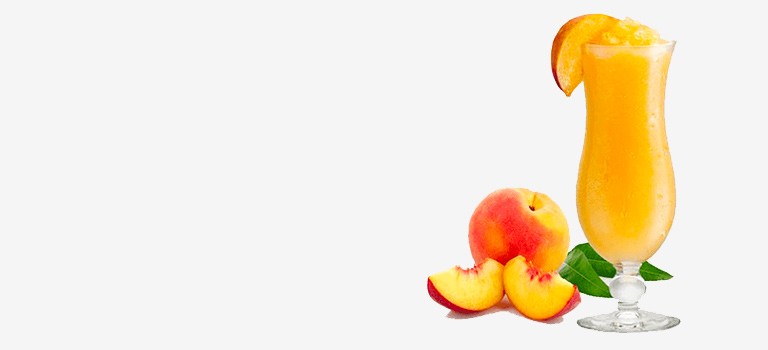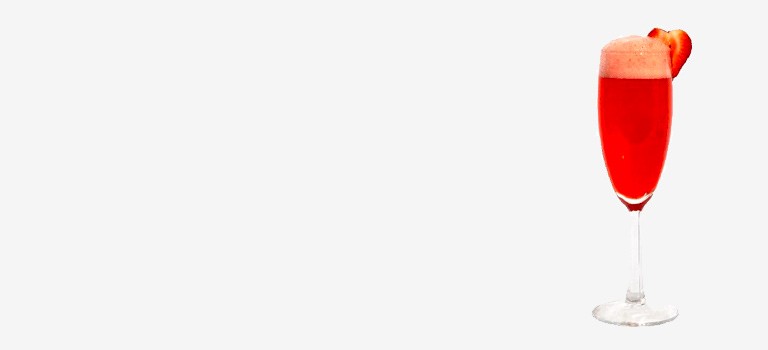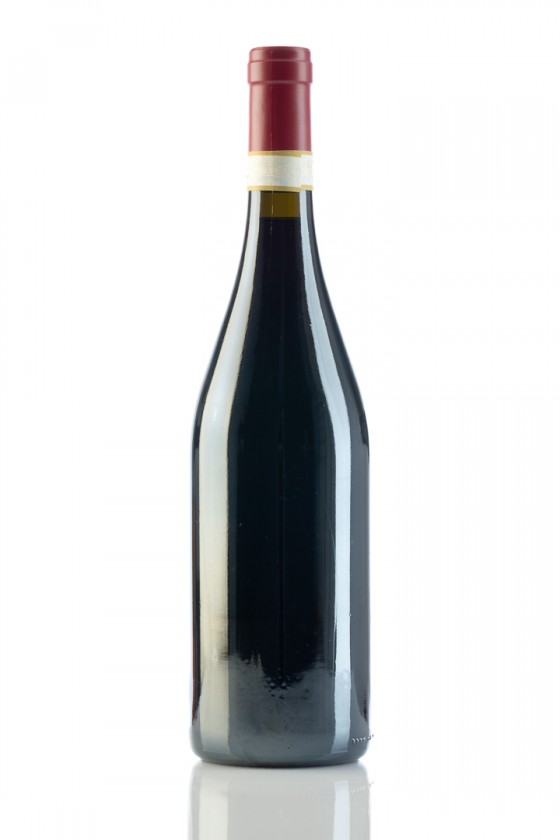This website uses its own and third-party cookies to improve our services and show you advertising related to your preferences by analyzing your browsing habits. To give your consent to its use, press the Accept button.
Cookie preferences
| Cookie | Provider | Purpose | Expiry |
|---|---|---|---|
| PHP_SESSID | mokawine.com | The PHPSESSID cookie is native to PHP and allows websites to store serialised status data. On the website it is used to establish a user session and to pass state data through a temporary cookie, which is commonly known as a session cookie. These Cookies will only remain on your computer until you close your browser. | Session |
| PrestaShop-# | mokawine.com | This is a cookie used by Prestashop to store information and keep the user's session open. It stores information such as currency, language, customer ID, among other data necessary for the proper functioning of the shop. | 480 hours |
List of products by brand Luigi Einaudi
Luigi Einaudi began his political career first as a 'vigneron', buying the San Giacomo farmstead in Dogliani at the age of 23. Only later did he become the great economist, academic, journalist and, in 1948, the second President of the Italian Republic. But he never forgot his land and passed on his love for it to his heirs, who have expanded the farm to 148 hectares. The surface of the farm is about one hundred and forty-five hectares, most of them located in the municipality of Dogliani, the others on the hills of Cannubi and Terlo Vie Nuove and partly in Treiso.
Only a little over forty-five hectares, in the best positions, are planted with vines, the rest is coppice and mixed woodland, arable land, hazelnut trees and meadows. On the estate's land there are twelve farmsteads divided into nuclei: Tecc, Madonna delle Grazie and Cariola in the hamlet of Gombe, where the new cellar, completed in 2001, stands; Abbene and Big in the hamlet of San Luigi; San Giacomo, Vallero, and Melo Fiorito in the hamlet of Santa Lucia, all in Dogliani; farmstead Bona in Cannubi and farmstead Grimaldi in Terlo, both in the municipality of Barolo; farmstead Cattedere in Neive and farmstead Lagorio in Treiso. Each farmstead is responsible for the management of its own plot of land, a real small farm within the Poderi. The winery, which already bottled and distributed Dolcetto in the early 1920s, was renovated in 1993 and completed in 2001. The main body of the cellar is almost completely underground to reduce the environmental impact and a thermo-conditioning system ensures constant temperature and humidity in the environment. Vinification takes place in steel fermenters with computerised control of pumping over and fermentation temperature. The wine matures in small and medium-sized French oak barrels and ends its ageing in glass. Annual production is approximately 320,000 bottles.
1 product.
Luigi Einaudi began his political career first as a 'vigneron', buying the San Giacomo farmstead in Dogliani at the age of 23. Only later did he become the great economist, academic, journalist and, in 1948, the second President of the Italian Republic. But he never forgot his land and passed on his love for it to his heirs, who have expanded the farm to 148 hectares. The surface of the farm is about one hundred and forty-five hectares, most of them located in the municipality of Dogliani, the others on the hills of Cannubi and Terlo Vie Nuove and partly in Treiso.
Only a little over forty-five hectares, in the best positions, are planted with vines, the rest is coppice and mixed woodland, arable land, hazelnut trees and meadows. On the estate's land there are twelve farmsteads divided into nuclei: Tecc, Madonna delle Grazie and Cariola in the hamlet of Gombe, where the new cellar, completed in 2001, stands; Abbene and Big in the hamlet of San Luigi; San Giacomo, Vallero, and Melo Fiorito in the hamlet of Santa Lucia, all in Dogliani; farmstead Bona in Cannubi and farmstead Grimaldi in Terlo, both in the municipality of Barolo; farmstead Cattedere in Neive and farmstead Lagorio in Treiso. Each farmstead is responsible for the management of its own plot of land, a real small farm within the Poderi. The winery, which already bottled and distributed Dolcetto in the early 1920s, was renovated in 1993 and completed in 2001. The main body of the cellar is almost completely underground to reduce the environmental impact and a thermo-conditioning system ensures constant temperature and humidity in the environment. Vinification takes place in steel fermenters with computerised control of pumping over and fermentation temperature. The wine matures in small and medium-sized French oak barrels and ends its ageing in glass. Annual production is approximately 320,000 bottles.
Boxed:
Sticky Header:
Sticky Add To Cart
Sticky Footer:
Font:







